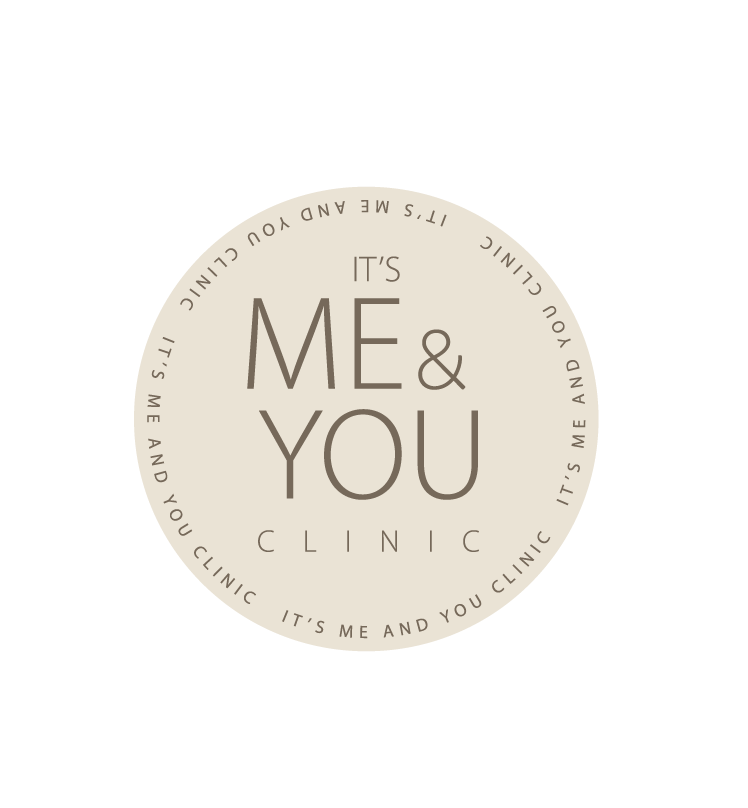Lip fillers have become increasingly popular in recent years, with more and more people seeking to enhance their lips for a fuller, more youthful appearance. However, when it comes to something as delicate as altering one’s facial features, it’s essential to ensure that the person administering the treatment is qualified and experienced. If you’re considering a career in performing lip fillers or you’re a client looking for a safe and skilled practitioner, it’s crucial to understand the qualifications required for this cosmetic procedure.
In this article, we will delve into the qualifications needed to perform lip fillers, shedding light on the education, training, and certifications necessary to become a proficient and trustworthy provider in the world of cosmetic enhancements.
Medical Background
The foundation for a career in performing lip fillers often starts with a medical background. While it’s not mandatory, having a medical degree can significantly enhance your qualifications and credibility in the field of cosmetic procedures. Medical professionals such as doctors, nurses, and dentists are already well-versed in human anatomy, physiology, and patient care, which are invaluable skills when working with injectable treatments like lip fillers.
If you’re not a medical professional, you may consider pursuing a medical degree or a related field to provide a more comprehensive service to your clients. However, many non-medical professionals have successfully transitioned into the field of cosmetic injections after completing specific training and certifications.
Training and Education
Regardless of your background, specialized training and education are essential to becoming proficient in lip filler procedures. Numerous training programs and courses are available that cater to both medical and non-medical practitioners. These courses typically cover the following topics:
Anatomy
Understanding the facial anatomy, especially the lips, is crucial to avoid complications and ensure safe and effective injections.
Product Knowledge
Familiarity with different types of dermal fillers, their composition, and their appropriate uses is vital.
Injection Techniques
Learning the proper injection techniques, including needle and cannula methods, is crucial for achieving desired results and minimizing discomfort for the client.
Patient Assessment
Knowing how to assess a patient’s needs, expectations, and suitability for the procedure is a fundamental skill.
Complication Management
Understanding potential complications and how to manage them is essential for the safety of your clients. It’s essential to choose a reputable training program or institution that offers hands-on experience and ensures you meet the required standards. Many organizations provide certification upon completion of their courses, which can further validate your qualifications.
Licensing and Certification
In many countries and regions, the practice of administering lip fillers is regulated by medical boards or authorities. To legally perform these procedures, you may need to obtain specific licenses or certifications, which often require meeting certain educational and training standards.
For medical professionals, licensing requirements may be integrated into their existing medical licenses. Non-medical practitioners may need to obtain certifications specific to cosmetic injections. These certifications typically come from recognized bodies or organizations in the field, such as the American Academy of Facial Esthetics (AAFE) or the American Society of Plastic Surgeons (ASPS).
Before offering lip filler services to clients, ensure that you are compliant with all local regulations and that you possess the necessary licenses or certifications.
Practical Experience
While classroom education and certifications are crucial, practical experience is equally vital when it comes to performing lip fillers. Clients trust experienced practitioners who have a track record of successful treatments. Gaining practical experience can be achieved through internships, supervised training, or working under the guidance of a seasoned professional.
It’s essential to start slowly and build your expertise over time, gradually increasing the complexity of the cases you handle. This will not only help you develop your skills but also instill confidence in your clients.
Continued Education
The field of cosmetic enhancements is continuously evolving, with new products and techniques emerging regularly. To stay current and maintain your qualifications, ongoing education is essential. Consider attending workshops, conferences, and seminars related to lip fillers and other cosmetic procedures. Staying updated on industry advancements will not only enhance your skills but also demonstrate your commitment to providing the best possible service to your clients.
Legal and Ethical Considerations
When considering or performing lip filler procedures, it’s essential to navigate the complex landscape of legal and ethical considerations. Both practitioners and clients must be aware of their rights, responsibilities, and the ethical standards that govern these cosmetic enhancements. Here are the legal and ethical aspects that play a crucial role in the world of lip fillers.
Informed Consent
Legal Perspective
Before administering any lip filler treatment, practitioners are legally obligated to obtain informed consent from their clients. Informed consent means that the client understands the procedure, its potential risks and benefits, alternatives, and the expected outcomes. It should be given voluntarily without any pressure.
Ethical Perspective
From an ethical standpoint, informed consent goes beyond legal requirements. Practitioners should prioritize comprehensive discussions with their clients, encouraging questions and ensuring they fully comprehend what to expect. This promotes transparency and empowers clients to make well-informed decisions about their treatment.
Confidentiality and Privacy
Legal Perspective
Protecting patient privacy and medical records is a legal obligation. Practitioners must adhere to data protection laws and keep client information confidential. Unauthorized disclosure of client information can result in legal consequences.
Ethical Perspective
Ethically, respecting a client’s privacy is paramount. Clients should feel safe and secure in sharing their medical history and personal information. Practitioners should maintain strict confidentiality, fostering trust and professionalism.
Advertising and Marketing
Legal Perspective
Advertising for lip filler services is subject to regulations that vary by region. Practitioners must ensure that their advertising is truthful, not misleading, and compliant with local laws. Making false claims or using unverified before-and-after images can lead to legal trouble.
Ethical Perspective
Ethical advertising means representing your services accurately and transparently. Avoiding exaggerated claims or unrealistic promises is essential. Building a reputation based on honesty and integrity is more sustainable in the long run.
Age and Mental Capacity
Legal Perspective
In many places, there are legal age requirements for cosmetic procedures, including lip fillers. Minors usually require parental consent. Additionally, individuals with certain mental health conditions may not be suitable candidates for cosmetic treatments.
Ethical Perspective
Ethically, practitioners should assess the mental and emotional well-being of their clients. They must ensure that clients are making decisions freely and without coercion. Practitioners have a responsibility to prioritize the best interests of their clients’ health and safety.
Managing Dissatisfaction and Complications
Legal Perspective
In the event of dissatisfaction or complications, practitioners must be prepared to address them responsibly. Legal liability can arise if clients believe they received substandard care or if their concerns are not addressed adequately.
Ethical Perspective
Ethically, practitioners should prioritize patient well-being and satisfaction. This includes having clear policies in place for addressing complications and offering corrective measures when necessary. Open communication and empathy can help maintain trust even in challenging situations.
Continuing Education and Professionalism
Legal Perspective
Many licensing boards and professional organizations require practitioners to engage in continuing education to maintain their licenses or certifications. Neglecting this requirement can have legal consequences.
Ethical Perspective
Ethical practitioners view continuing education as a responsibility to stay updated on the latest techniques, safety protocols, and industry developments. Commitment to ongoing learning demonstrates dedication to providing the best care for clients.
Conclusion
Performing lip fillers requires a combination of education, training, practical experience, and certifications. While a medical background can be advantageous, non-medical professionals can also enter the field by completing specialized training programs and obtaining relevant certifications. Ensuring that you meet all local licensing requirements and continuously updating your knowledge and skills will help you become a qualified and trustworthy practitioner in the world of cosmetic enhancements. Clients should always do their due diligence when seeking lip filler treatments, verifying the qualifications and credentials of their chosen provider to ensure a safe and successful experience.
- Post-Lip Fillers: Your Guide to Smoking Safely - February 17, 2024
- From Injection to Impact: How Long Fillers Take to Work - February 14, 2024
- The Truth About Lip Fillers During Pregnancy: What You Need to Know - February 13, 2024

